
Although men with moderate lifetime alcohol consumption were at higher risk of developing Parkinson disease (PD) compared with light drinkers, no significant link was found between alcohol consumption and risk of PD, according to study findings.

Although men with moderate lifetime alcohol consumption were at higher risk of developing Parkinson disease (PD) compared with light drinkers, no significant link was found between alcohol consumption and risk of PD, according to study findings.

The Michael J. Fox Foundation has implemented a variety of resources for people with and without Parkinson disease to address emerging issues precipitated by the COVID-19 pandemic, said Rachel Dolhun, MD, vice president of Medical Communications at The Michael J. Fox Foundation for Parkinson Research.

In an opinion article published in JAMA Neurology, researchers discuss how the coronavirus disease 2019 (COVID-19) pandemic has transformed neurologic care more than any other crisis in modern history.

In a set of updated guidelines issued for general neurologists managing patients with Parkinson disease (PD), researchers note the significance of efficient communication with members of a healthcare team specialized in movement disorders as they may assist in identifying and resolving common issues, especially among those with advanced PD.
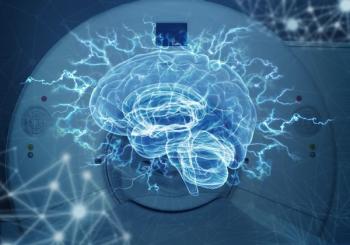
Researchers found that signs of autoimmunity can appear in Parkinson disease years before an official diagnosis, which may allow for heightened detection before symptom onset and greater preventive measures to slow disease progression.
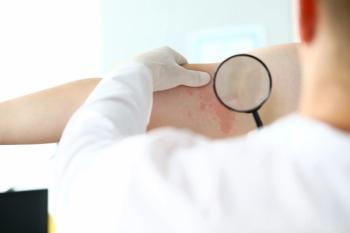
Korean patients with Parkinson disease were found to be at greater risk of developing skin cancer, with male and older populations considered higher-risk groups, according to study findings published this week.
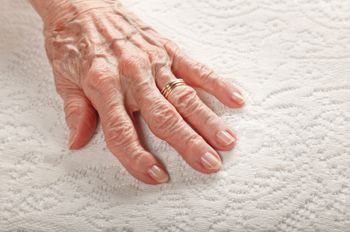
Physical exercise has been shown in previous studies to improve motor symptoms and quality of life in patients with Parkinson disease (PD). However, as the coronavirus disease 2019 (COVID-19) proves a significant threat to those with chronic diseases such as PD, many patients are now tasked with adapting to the physical and mental effects of the pandemic.

New research suggests that living near major roads or highways is associated with incidence of non-Alzheimer dementia, Parkinson disease (PD), Alzheimer disease (AD), and multiple sclerosis (MS).

Parkinson disease (PD) subtypes derived from a novel subtyping system were significantly linked with disease duration and severity. However, the system may solely reflect stages of PD, rather than identify distinct clinical subtypes.

Cognitive-behavioral therapy via telephone was shown to be an effective depression intervention in patients with Parkinson disease, which may lead to greater access of care for patients with this unmet need, according to study findings published today.

Long-term usage of immediate-release isradipine for treatment of Parkinson disease (PD) did not exhibit an effect on slowing the clinical progression of early-stage PD, according to study findings published today.

Patients with certain inflammatory and senescence markers appeared to progress more quickly in their Parkinson disease, according to new research.

A special, noncontact boxing program was shown to potentially improve quality-of-life (QOL) and likelihood of exercise among patients with Parkinson disease compared with those who did not participate, according to preliminary study findings originally to be presented at the American Academy of Neurology’s 72nd Annual Meeting.

Changes in brain tissue iron relate to poorer cognition in Parkinson disease, according to a recent study.

Patients with Parkinson disease were found to be more likely to experience vision and eye issues, such as blurry vision, dry eyes, trouble with depth perception, and problems adjusting to rapid changes in light, compared with people without the disorder, according to study findings.

A recent study aiming to evaluate the impact of motor and non-motor wearing-off—a common phenomenon in Parkinson disease (PD)—found that the fluctuations have an impact on the activities of daily living and quality of life, with non-motor wearing-off having the greater impact.
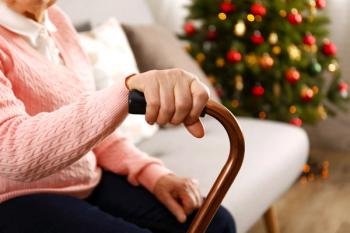
In individuals with mild to moderate Parkinson disease, Tai Chi was shown to be a potentially effective meditation technique that may slow down disease progression, according to study findings.
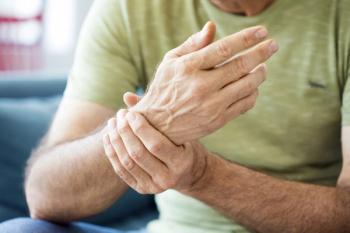
In a preliminary study to be presented at the American Academy of Neurology’s 72nd Annual Meeting, researchers found that patients with Parkinson disease who participated in a table tennis exercise program once a week for 6 months exhibited an improvement in their motor skills.

Higher out-of-pocket (OOP) drug costs for 3 common neurologic conditions—Parkinson disease, Alzheimer disease, and peripheral neuropathy—were associated with lower medication adherence among patients, which can potentially intensify symptom burden and result in higher costs.
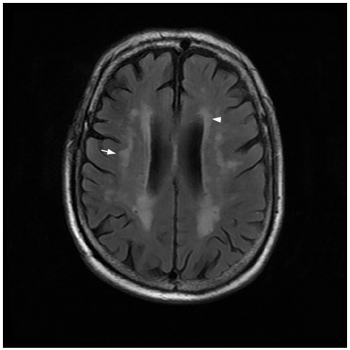
These findings suggest that baseline white matter hyperintensities can act as a predictive marker or therapeutic target for the development of levodopa-induced dyskinesia in patients with early stage Parkinson disease.

China reported a sharp uptick in coronavirus cases; a Massachusetts lawsuit claims Juul advertisements targeted children; motion picture technology is being used in rehab centers.

Compared with standard care, patients with Parkinson disease and related disorders who received palliative care exhibited improved quality of life and better symptom burden at 6 months after intervention, according to study findings.

Researchers analyzed how cognitive ability relates to ambulatory status in Parkinson.

A novel protein misfolding cyclic amplification technology was able to distinguish between 2 progressive neurodegenerative diseases, Parkinson disease (PD) and multiple system atrophy, signaling potential improvements in diagnosis of PD.

Patients with early-onset Parkinson disease may have been born with disordered brain cells that mishandled dopamine for decades, according to a study released Monday.

259 Prospect Plains Rd, Bldg H
Cranbury, NJ 08512
© 2025 MJH Life Sciences®
All rights reserved.
